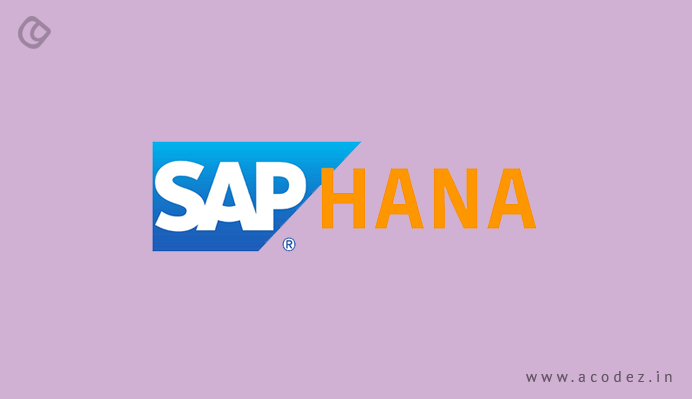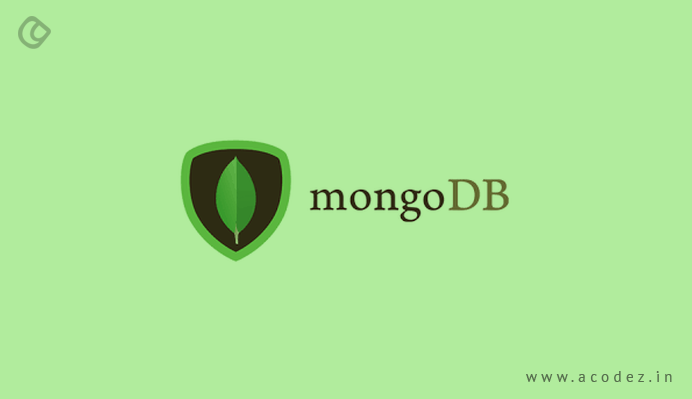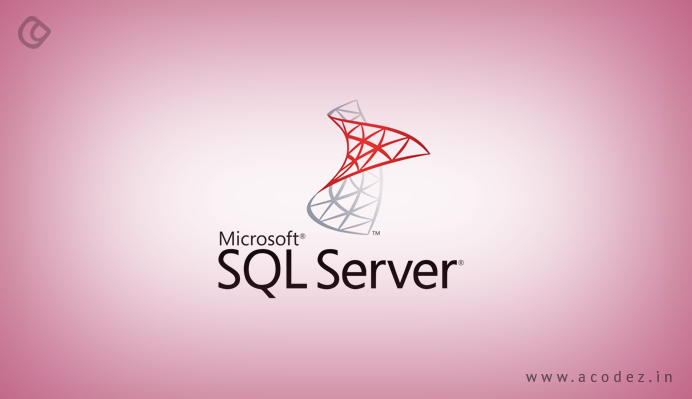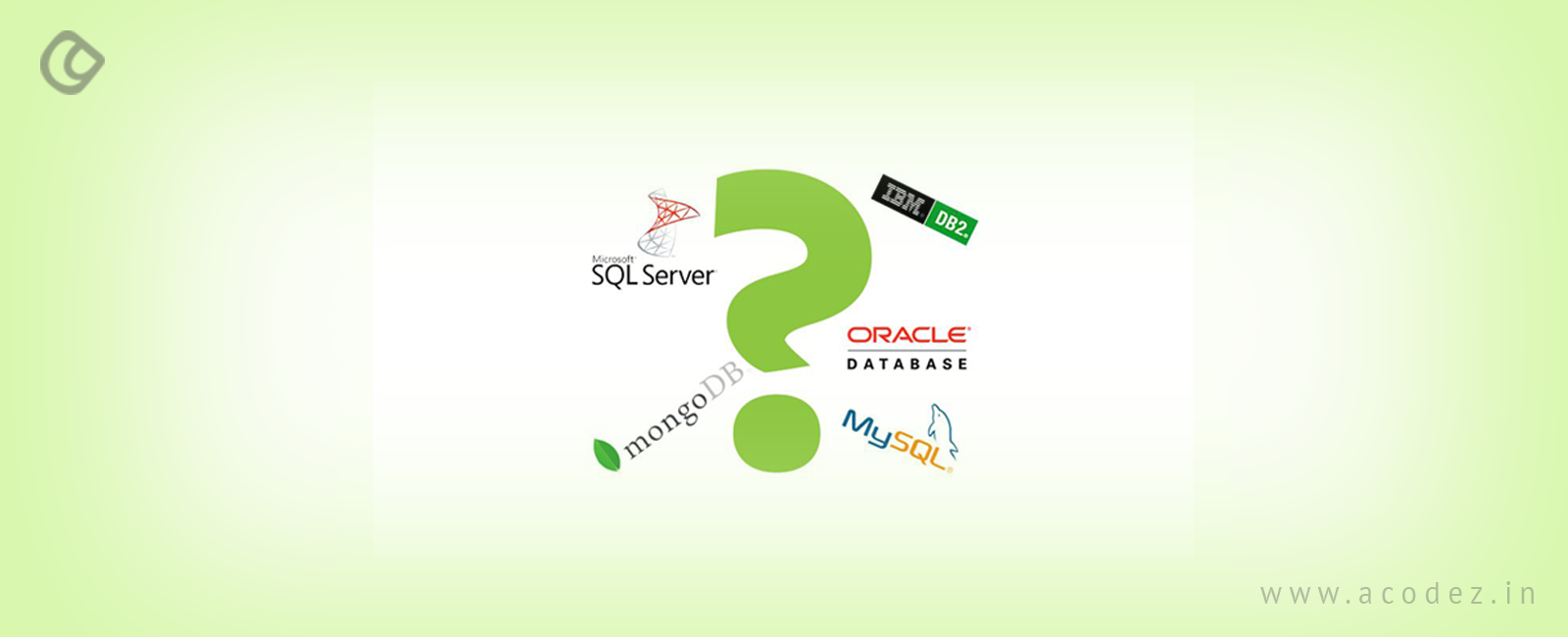What comes to your mind, when you think of data storage – with no doubt, it would be a database. Storing information and related contents for everything, including product catalogs, and repositories of customer information are what constitutes the main functionalities of a database. With database management systems, understanding, accessing and using the stored data becomes easier.
Organizing the information and linking databases to one another, while also providing reports on changes and trends within the data stored in the database can be managed only by database management systems. But before we provide you with an understanding of what are the different kinds of databases and what features each offer, it is important to have a clear understanding of a database.
A brief overview
Database management systems are capable of performing similar basic tasks, including creating, altering and accessing the data/information stored in databases, these systems differ from one another in how these activities are performed. The features, support and even the functionalities supported by each of these systems might differ from one another. The first and foremost thing that you need to take into account is the user-friendliness offered by a DBMS and to what extent it can be scaled along with its integration capacity with those products with which it will come in contact.
Apart from these factors, it will also be great if you can have a clear picture of the cost of these management systems and the support that each of them can offer you with. As your organization expands, these database management engines also need to be enhanced and improved. Regardless of your business size, even if it is a start-up, which requires only limited functionalities owing to the small amount of data that it needs to manage, it is important to consider how the database can be altered to incorporate the changes that pop up over time. In some situations, even switching over to another database management system would be one of the best solutions.
We have listed out some of the best and popular databases with their features, which will help you decide which of them would fit exactly well into your business requirements.
1.MySQL

MySQL needs no introduction. Everyone has come across or used it at least once, which makes it one of the most popular databases for web apps. Though it is a freeware, it still gets its share of frequent updates in the form of features and security improvements. Apart from enjoying the features offered by this freeware, you can choose to go with the paid version, which comes with furthermore updated features, best suited for commercial purposes.
Though the paid version might offer a greater number of functionalities and features, still the freeware version ensures greater speed and robustness, which you can choose based on what your business requirements are.
It is also possible to alter the tool’s functionality and manage data from tables of varying types, all using this database engine, which provides you with an array of storage engines offering the aforementioned aspects. The easy-to-use interface and batch commands allow you to process huge amounts of data – this reliability offered by the system does not keep the resources.
Advantages of MySQL:
- A free version is available
- A number of functionalities are available even for the database engine that is free
- The wide range of user interfaces that can be used
- Ease of integration with a number of databases, including Oracle and DB2
- Well-suited for organizations looking for a robust database management tool at affordable prices
Drawbacks of MySQL:
- No in-built support for OLAP or XML
- Though support is available for the free version, it does not come for free
- The effort and time required to get MySQL to perform some activities, such as creating incremental backups are much more when compared with other systems
2.PostgreSQL

Another popular database on our list is PostgreSQL and interestingly, this would be one of the first database management systems to be developed. It is mostly used for web databases, allowing users to manage data which are structured and unstructured. You can use PostgreSQL on a variety of platforms, such as Linux. It makes it easier to import information across different database types with this tool. You can host this database management engine across different environments, such as virtual, physical and even cloud-based ones. There has been an increase in the number of users for the latest version of PostgreSQL, which is PostgreSQL 9.5. The security part has been enhanced with DBMS_SESSION and the expanded password profiles.
Advantages of PostgreSQL:
- Support to JSON
- Availability of numerous interfaces
- The scalable database management engine
- Possible to handle terabytes of data
- Comes with a variety of predefined functions
- This is best suited if you want to use JSON and select a suitable interface on a limited budget
Drawbacks of PostgreSQL:
- The documentation part is weak, which means if you get stuck with your project, it might not be easy to figure out how to come out of it.
- Speed can be affected while reading queries or when the load is too heavy
- Configuration part might be a challenge
3.SAP HANA

SAP HANA has been receiving a lot of popularity recently. This was designed by SAP SE and this database engine, which is column-oriented has the capability to handle both SAP and non-SAP data. The engine makes it easier to save data. Also, with this engine, you can recover data from apps and other sources that were stored across various tires of storage. It can be used for hosting form the cloud, alongside providing the provision to hosting it from physical servers.
Advantages of SAP HANA:
- Resource requirements are minimized via compression
- It has the ability to interface with a variety of apps
- It can be used or integrated with OLAP, SQL, and even OLTP
- Access times can be brought down as it allows access to data stored within memory
- You have the provision for inventory management and real-time reporting
- If you do not have budget restrictions and would like to pull data from apps, then SAP HANA is the best bet
Drawbacks of SAP HANA:
- The patches and updates are brought about frequently as it is new in the field
- SAP HANA comes with a higher licensing cost
4.Mongo DB

Like MySQL, Mongo DB is another database that has both a free version and a paid version. The apps designed using Mongo DB rely upon or can use both structured and unstructured data. Mongo DB has a database engine, which is adaptable and flexible, and works by connecting database apps through Mongo DB database drivers. It is a hassle-free task to find a driver that fits exactly or can be integrated well with the programming language as it offers a complete set of sophisticated drivers. One of the latest versions of Mongo DB is Mongo DB 3.2. This comes with new and pluggable storage engines.
It is best to avoid using Mongo DB to manage relational data model though it can deal with these as it might lead to performance issues. But the database engine has been designed such that it can handle variable data, which is not relational and is capable of performing well in such situations where other databases might not perform better.
It provides you with the provision of improvising search functions. Also, the documents can be validated by using updates and inserts. If you shrink the size of indices, you would create a new partial index capability, which leads to enhanced performance.
Advantages of Mongo DB:
- No or lesser downtime required for writing the schema
- Easy and quickly storable data, regardless of whether it is structured or unstructured
- Fast, easy and simple to use
- With this engine, integrating with JSON and other NoSQL documents is easier
Drawbacks of Mongo DB:
- Setting up would take a longer time when compared with other systems
- Insecurities could be detected across default settings
- Though there are tools for translating SQL to Mongo DB queries, these would make the process further complicated
- Here, the query language is not SQL
5.Microsoft SQL Server

Just like the other popular databases, we are all familiar with the Microsoft SQL server. It allows you to choose from a variety of editions of Microsoft SQL server. The best part of using this database management engine is that it works on cloud-based servers, such as local servers and has the ability to be set up on both kinds of servers simultaneously.
Microsoft SQL Server 2016 is available on both Linux as well as Windows-based platforms. This is well-suited for organizations that use a number of Microsoft products. Temporal data support is one of the interesting features supported by the Microsoft SQL Server 2016 version, making it easier to track data changes that happen from time to time. Being the latest version of Microsoft SQL server, it is also capable of dynamic data masking, which can be used to provide access to authorized individuals who have access to sensitive data.
Advantages of Microsoft SQL Server:
- Blends well with all kinds of Microsoft products
- Visualizations can be accessed on mobile devices
- Faster and stable
- It is possible for the engine to adjust and track performance level, reducing resource usage
Drawbacks of Microsoft SQL Server:
- The enterprise pricing is far from what the organizations are capable of bearing
- If people are not experts with Microsoft SQL server, then importing files using SQL server integration services would be a challenge
These are some of the interesting databases that are available. Try implementing one of these in your next project based on your business requirements and see how it works.
Acodez is a web design and web development company in India, offering all kinds of web design services at affordable prices. We are also an SEO agency offering inbound marketing solutions to take your business to the next level. For further information, please contact us.
Looking for a good team
for your next project?
Contact us and we'll give you a preliminary free consultation
on the web & mobile strategy that'd suit your needs best.











